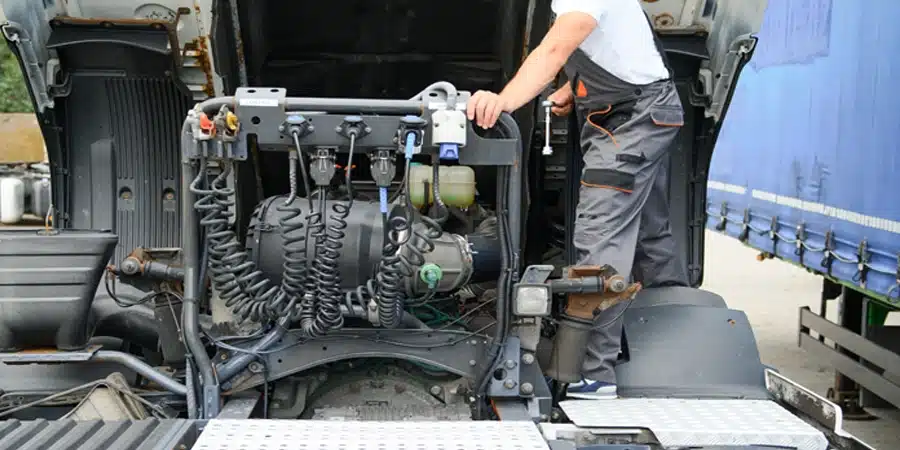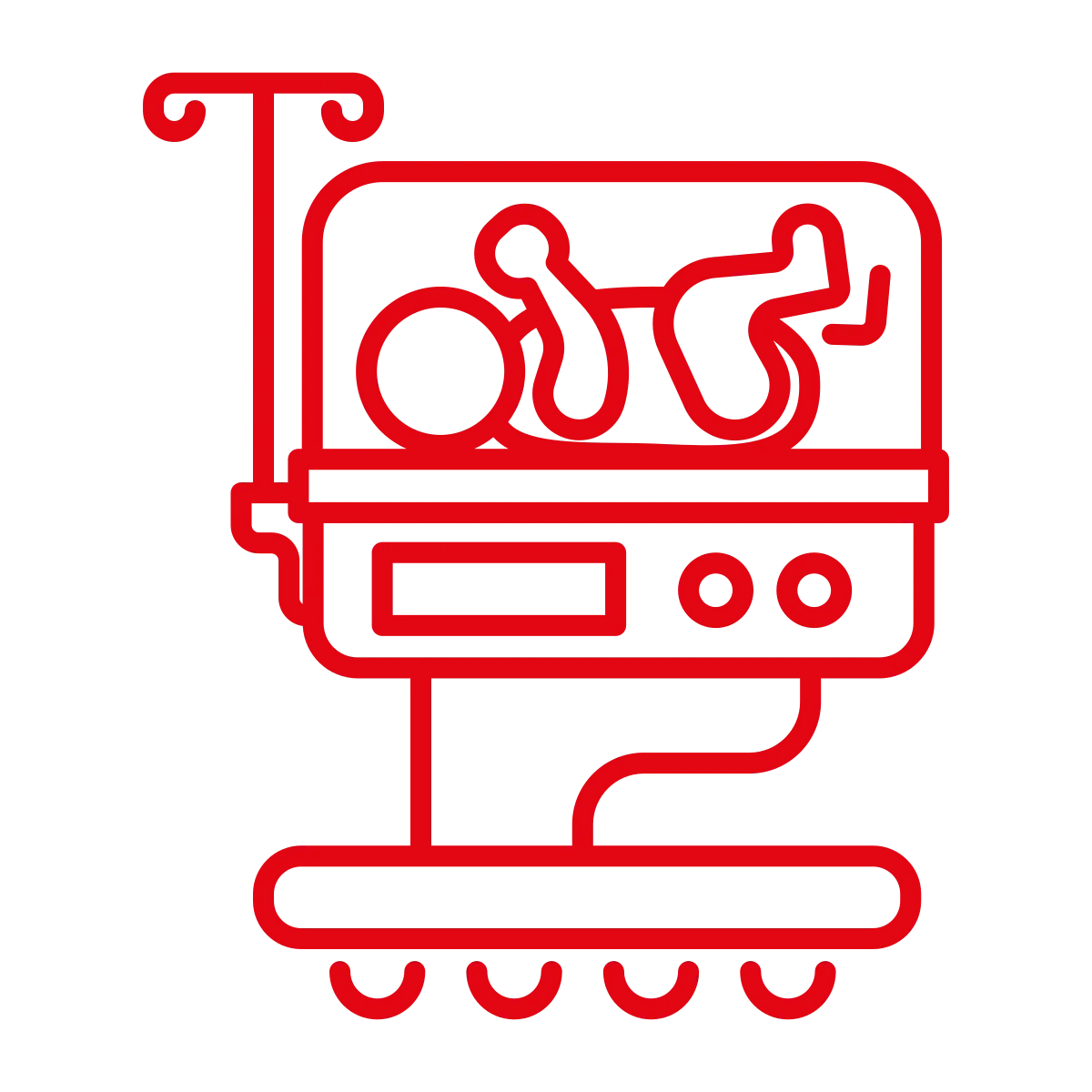Defective Trucks, Trailers, and Components
The design and manufacture of motor vehicles and their components, including cabs and trailers of tractor-trailers, 18-wheelers, big-rigs, and other trucks, is subject to Federal Motor Vehicle Safety Standards (FMVSS) promulgated by the National Highway Traffic Safety Administration (NHTSA). These regulations govern, among other things, vehicle braking systems and brake fluids, stability control systems, tires and tire rims, lamps and reflective devices, rearview mirrors, and warning devices for stopped vehicles.

FMVSS Rule 121, for example, provides that air brake systems on most heavy truck tractors must enable drivers to stop these trucks in 250 feet or less when they are loaded to their “gross vehicle weight rating” (GVWR), or in 235 feet or less when they are loaded to their “lightly loaded vehicle weight” (LLVW), and traveling at a speed of 60 miles per hour. 49 CFR Part 571. FMVSS Rule 126 requires electronic stability control (ESC) systems on truck tractors within a certain gross vehicle weight range to reduce the risk of rollovers and loss-of-control crashes and resultant serious injuries and deaths. 49 CFR Parts 571 & 585.
Traffic accidents involving large trucks or other commercial motor vehicles (CMV) are often found to have been contributed to or caused by defects in the trucks, their safety equipment, or other components, such as tires. The design or manufacture of a truck or other CMV in non-compliance with FMVSS or other regulations may be found to render the vehicle defective under product-liability law. A manufacturer’s full compliance with current laws and industry standards, however, will not necessarily result in a ruling that a truck was free of defects. Under the law of product liability, trucks or other vehicles may be determined to be defective despite designers’ and manufacturers’ compliance with applicable standards, as these are considered in product-liability law to be the bare minimum requirements for safe vehicle design and production.
Entities involved in the production and distribution of trucks and other CMVs can be held liable in product-liability actions for injuries and deaths determined to have been caused by defects in trucks’ design, manufacture, or warnings and instructions. A vehicle can be found to contain a design defect when the plans for manufacture include the use of inadequate or unsafe materials or when the design is otherwise unreasonably dangerous. This sort of defect will produce an unsafe vehicle even when the vehicle is manufactured in strict compliance with the design.
Manufacturing defects, on the other hand, generally occur when vehicles have been safely designed but manufactured in non-compliance with the safe design. This can occur when a manufacturer uses inferior materials or parts to cut costs or when a malfunction in manufacturing equipment occurs.
CMVs may also be found defective if produced and sold without adequate instructions and warnings regarding their safe use. Warnings that might be required to prevent a CMV from being defective may include those related to braking and stopped-vehicle warning systems.
The existence of any one of the types of defects discussed above in any part of a truck may result in the liability of several entities if the defect is determined to have been a cause of an accident victim’s injury or death. Thus, defects in truck tires, brakes, steering systems, mechanisms for attaching trailers to tractors or towing engines, or auto-transport semi-trailers may lead to the liability of designers and manufactures of components or vehicle parts, the suppliers of any vehicle or component parts, the assemblers of vehicles and component parts, and the wholesalers and retailers of the vehicles. These defendants may all be held legally responsible for injuries and deaths caused by such defects without proof by plaintiffs that any one of the defendants was negligent or otherwise at fault in producing or distributing the defective vehicle. In some states, however, retailers of vehicles are relieved of liability for selling vehicles with defects of which retailers were unaware.
Our experienced truck accident lawyers have the skill and understanding necessary to handle trucking-accident cases of every variety, including those arising out of accidents caused by or contributed to by defective trucks or truck components. Our extensive knowledge of products-liability law, truck design and manufacturing, and the causative relation between truck defects and victims’ injuries and damages provides us with the necessary tools to hold manufacturers and others involved in the production and distribution of defective trucks and truck components liable for the injuries and deaths they have caused. With the help of the best of experts in truck engineering, injury and accident causation, and damages, we can obtain every bit of the compensation our clients deserve for their truck-accident injuries or loved ones’ deaths.







